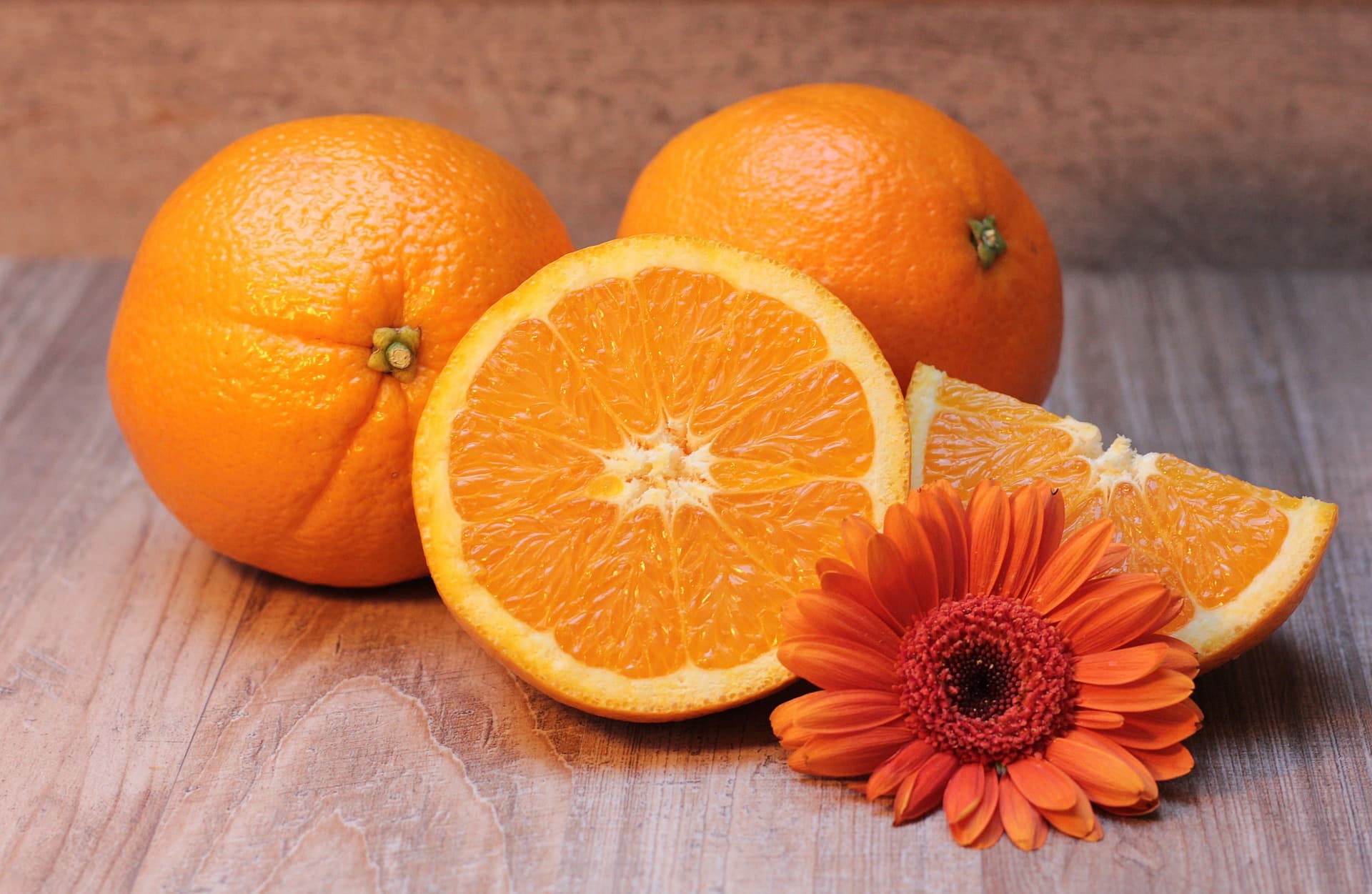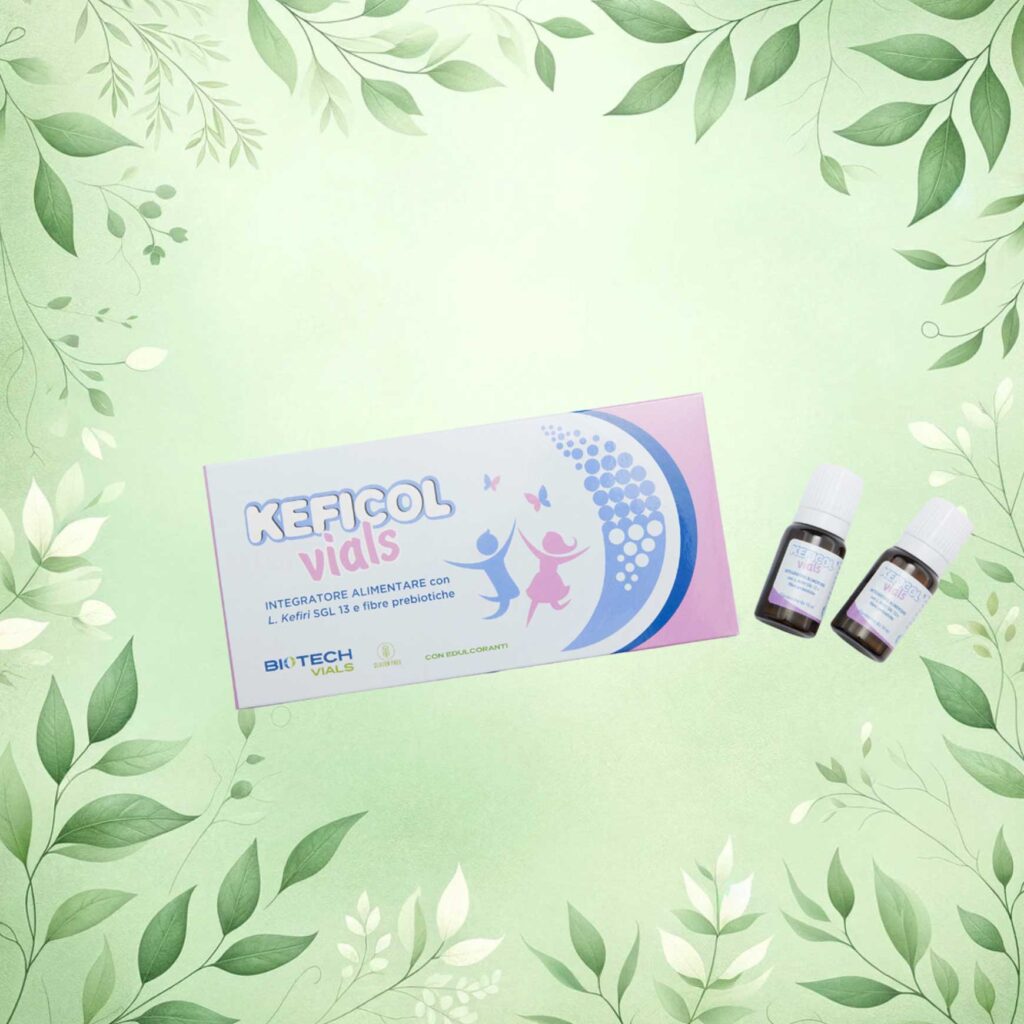Cos’è
La pectina è una fibra solubile che si trova naturalmente nella frutta ed è l’elemento che permette alle marmellate di addensarsi naturalmente. Questa fibra viene anche utilizzata come additivo alimentare per il suo effetto gelificante e ha recentemente guadagnato popolarità come ingrediente negli integratori alimentari.
Dove si trova la pectina?
La pectina si trova nella maggior parte della frutta, rendendola soda e croccante . Le concentrazioni più alte di questo polisaccaride si riscontrano nello specifico nella polpa delle mele e nelle bucce di agrumi. Inoltre, la pectina è presente in alcune verdure, come le carote, le patate dolci e il radicchio.
Nei prodotti commerciali, la pectina viene utilizzata come addensante nei gel di frutta, nelle confetture, e persino negli integratori alimentari in gommose.
Impiego della pectina negli integratori
Gli integratori contenenti pectina sono spesso commercializzati poiché questa fibra solubile consente di veicolare sostanze con alto valore nutraceutico.
La pectina, infatti, è un carboidrato indigeribile in grado di gonfiarsi nell’intestino tenue, creando una sensazione di sazietà che può aiutare a ridurre l’appetito e quindi il consumo di calorie.
Altri tipi di integratori impiegano la pectina per offrire modalità di assunzione più pratiche anche fuori casa e senz’acqua, offrendo una alternativa in gommose che non contenga gelatine animali, adatta ai vegetariani e senza lattosio o glutine.
La pectina può inoltre aiutare a regolare i livelli di zucchero nel sangue. Poiché è una fibra solubile, la pectina forma una massa gelatinosa quando entra in contatto con l’acqua, rallentando la digestione e l’assorbimento dei carboidrati. Ciò significa che il glucosio viene rilasciato più lentamente nel flusso sanguigno, prevenendo i picchi di zucchero nel sangue.
Degno di nota è anche il ruolo della pectina nella riduzione delle concentrazioni nel sangue di colesterolo LDL (low density lipoprotein), comunemente noto come “colesterolo cattivo”. La fibra solubile si lega ai lipidi nel tratto digestivo, impedendo il loro assorbimento nel flusso sanguigno.
Alcuni integratori di pectina possono anche essere utili per la salute digestiva. La pectina è una fibra prebiotica, il che significa che fornisce nutrimento per i batteri benefici nell’intestino, aiutando a mantenere l’equilibrio della flora intestinale. Un ultimo beneficio di questa sostanza, sempre legato alla salute del tratto digerente, è la prevenzione della stitichezza, poiché favorisce la regolarità intestinale.
Sebbene la pectina sia generalmente considerata sicura, ci sono alcuni rischi e controindicazioni da considerare.
In primo luogo, una assunzione eccessiva può interferire con l’assorbimento di alcuni farmaci, come gli anticoagulanti e gli antidepressivi triciclici. Inoltre, la pectina può aumentare la sensibilità a stimolanti quali la caffeina.
Infine, l’eccesso di pectina può causare alcuni effetti collaterali, come nausea, flatulenza e diarrea. Tuttavia, questi sintomi sono generalmente di lieve entità e si interrompono al moderarsi dell’assunzione.
La dose considerata ideale da assumere si aggira intorno ai 15 grammi al giorno, che corrispondono in una dieta equilibrata a circa 5 porzioni di frutta o verdura.





